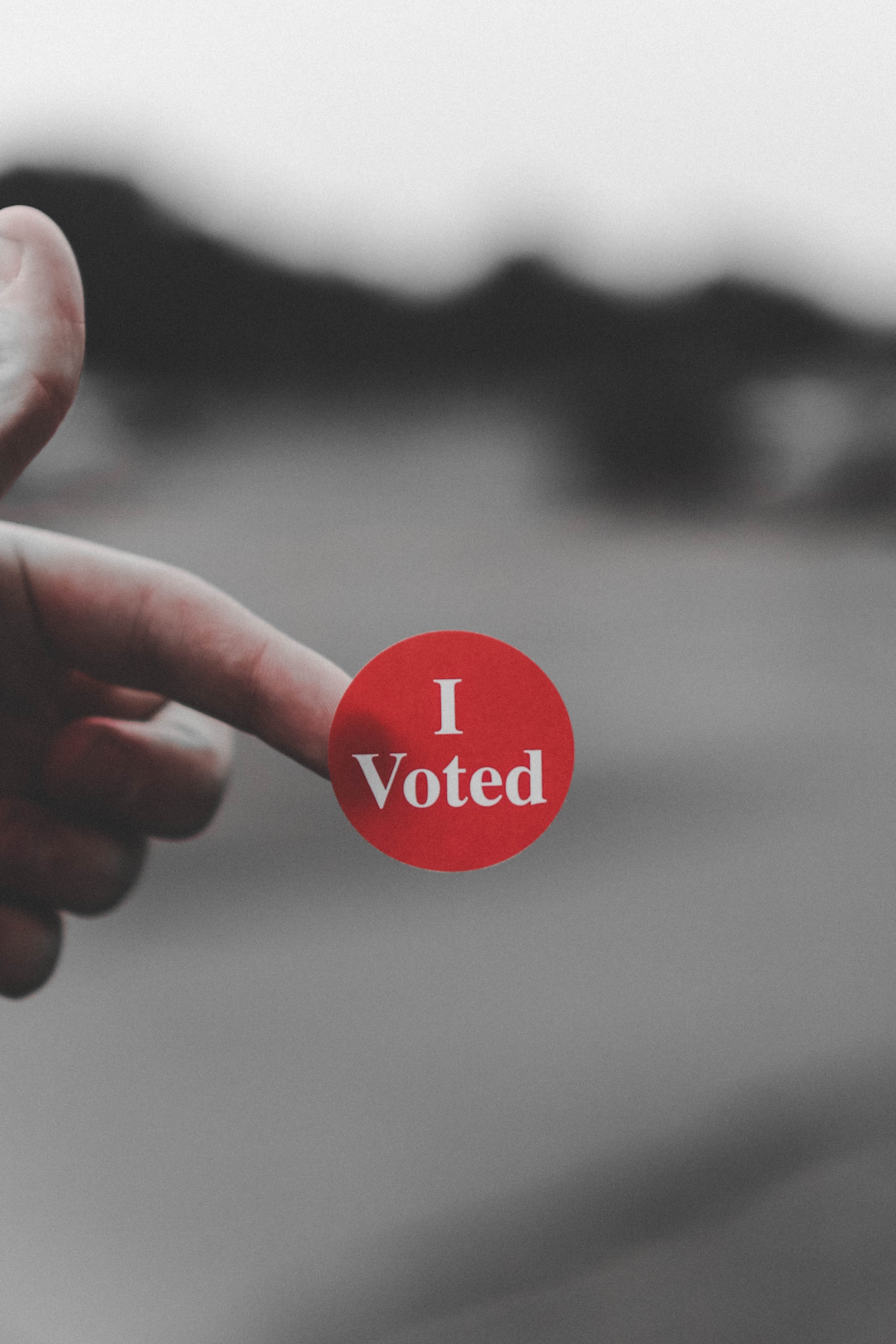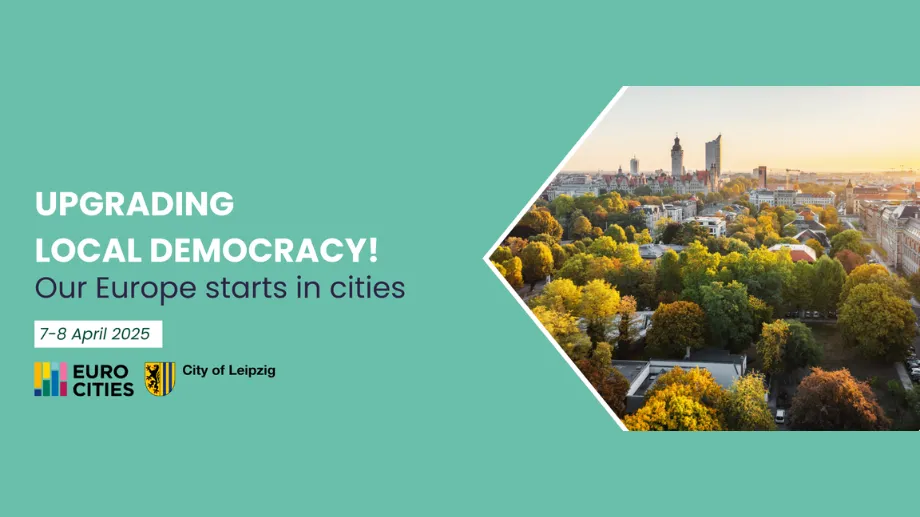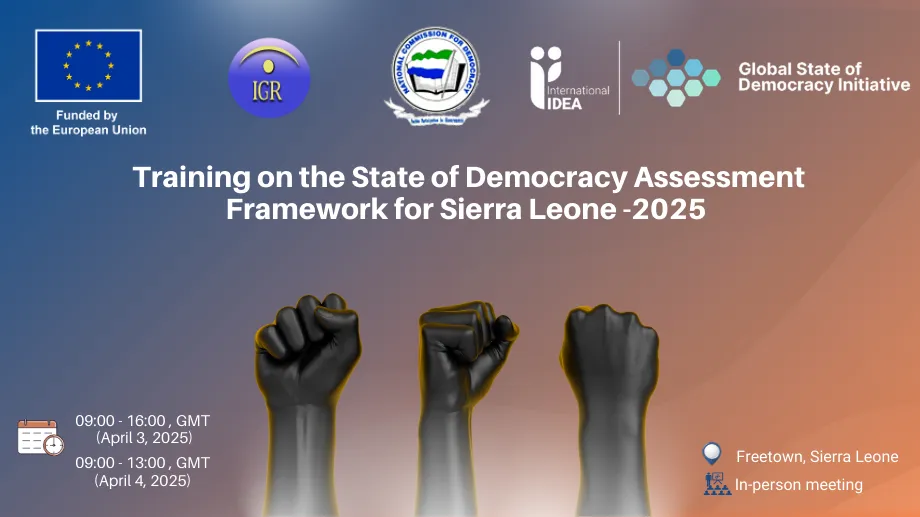
Disclaimer: Views expressed in this commentary are those of the authors, one of whom is a staff member of International IDEA. This commentary is independent of specific national or political interests. Views expressed do not necessarily represent the institutional position of International IDEA, its Board of Advisers or its Council of Member States.
Mongolia, Malaysia, Japan, Singapore, and South Korea prove that COVID-19 elections are possible, but difficult.
One of the cascading effects of the COVID-19 pandemic has been its impact on democracies. Some countries have pushed ahead with elections — Sri Lanka, for example, just held their already postponed legislative elections on August 5. Days before that, however, Hong Kong, announced it would postpone its Legislative Council elections by a year, citing the impact of COVID-19.
Health and safety concerns remain as dominant factor in deciding whether or not elections should be conducted during the pandemic. As International IDEA’s Global Overview on the impact of COVID-19 on elections shows, two in three countries scheduled to hold elections in 2020 have decided to postpone them. Among more than 50 countries that have gone ahead to hold elections during the pandemic, nine of them are in Asia. This article looks at four: Mongolia, Malaysia, Japan, and Singapore.




